
The government of Ghana has introduced a new list of ministries for the year 2025 under the leadership of President John Dramani Mahama.
The updated ministerial structure was outlined in the Civil Service (Ministries) Instrument, 2025 (E.I. 1), signed on January 9, 2025, revoking the previous 2021 structure.
This latest update reflects the government’s priorities in key areas such as green energy, digital transformation, agribusiness, youth empowerment, and job creation.
Below is the latest list of all Ghana ministries for 2025, as established by the new Executive Instrument.
Full list of ministries in Ghana in 2025
- Ministry of Finance
- Ministry of Health
- Ministry of the Interior
- Ministry of Defence
- Ministry of Education
- Ministry of Energy and Green Transition
- Ministry of Roads and Highways
- Ministry of Transport
- Ministry of Sports and Recreation
- Office of the Attorney-General and Ministry of Justice
- Ministry of Lands and Natural Resources
- Ministry of Local Government, Chieftaincy, and Religious Affairs
- Ministry of Foreign Affairs
- Ministry of Communication, Digital Technology, and Innovations
- Ministry of Environment, Science, and Technology
- Ministry of Youth Development and Empowerment
- Ministry of Works, Housing, and Water Resources
- Ministry of Gender, Children, and Social Protection
- Ministry of Tourism, Culture, and Creative Arts
- Ministry of Labour, Jobs, and Employment
- Ministry of Food and Agriculture
- Ministry of Fisheries and Aquaculture
- Ministry of Trade, Agribusiness, and Industry
What is the role of each ministry and what do they do?
1. Ministry of Finance
Responsible for Ghana’s fiscal policies, budgets, and economic management.
2. Ministry of Health
Oversees healthcare services, policies, and medical institutions across the country.
3. Ministry of the Interior
Manages internal security, immigration, and national safety measures.
4. Ministry of Defence
Responsible for national security and the management of the Ghana Armed Forces.
5. Ministry of Education
Leads policies and programs related to education, literacy, and educational institutions.
6. Ministry of Energy and Green Transition
This newly created ministry focuses on sustainable energy production, renewable energy, and the transition to greener energy solutions.
7. Ministry of Roads and Highways
Oversees the construction, maintenance, and expansion of road networks.
8. Ministry of Transport
Manages air, sea, and road transport systems and policies in Ghana.
9. Ministry of Sports and Recreation
Promote sports development, youth engagement in athletics, and recreational programs.
10. Office of the Attorney-General and Ministry of Justice
Handles legal affairs, prosecutions, and public legal reforms.
11. Ministry of Lands and Natural Resources
Responsible for managing land policies, forests, and mineral resources.
12. Ministry of Local Government, Chieftaincy, and Religious Affairs
Oversees local governance structures, traditional authorities, and religious affairs.
13. Ministry of Foreign Affairs
Manages Ghana’s diplomatic relations, international cooperation, and foreign policies.
14. Ministry of Communication, Digital Technology, and Innovations
This ministry will lead Ghana’s digital transformation agenda and oversee advancements in technology and innovation.
15. Ministry of Environment, Science, and Technology
Focuses on environmental protection, scientific research, and technological development.
16. Ministry of Youth Development and Empowerment
This new ministry aims to create programs that empower Ghanaian youth and encourage their participation in national development.
17. Ministry of Works, Housing, and Water Resources
Responsible for infrastructure development, housing policies, and water resource management.
18. Ministry of Gender, Children, and Social Protection
Oversees policies that promote gender equality, child welfare, and social protection programs.
19. Ministry of Tourism, Culture, and Creative Arts
Promotes Ghana’s cultural heritage, tourism sector, and creative industries.
20. Ministry of Labour, Jobs, and Employment
Focuses on job creation, labour policies, and improving workplace conditions.
21. Ministry of Food and Agriculture
Oversees food security, agricultural policies, and rural development programs.
22. Ministry of Fisheries and Aquaculture
Responsible for promoting sustainable fishing and aquaculture practices.
23. Ministry of Trade, Agribusiness, and Industry
This new ministry merges trade, industrial development, and agribusiness policies to drive economic growth.
Highlights of new and merged ministries
Several key changes have been made to align with Ghana’s development priorities. Notably, there are new ministries to reflect global trends, including a focus on renewable energy, digital transformation, and youth policies.
- Ministry of Energy and Green Transition: This newly created ministry emphasizes Ghana’s commitment to sustainable energy practices and climate action.
- Ministry of Communication, Digital Technology, and Innovations: This revamped ministry will drive digital transformation across sectors, ensuring Ghana remains competitive in a global digital economy.
- Ministry of Youth Development and Empowerment: Recognizing the importance of youth, this new ministry will create programs aimed at empowering Ghanaian youth through education, employment, and leadership opportunities.
- Ministry of Trade, Agribusiness, and Industry: This ministry merges trade policies with agribusiness and industrial development to promote economic growth and support farmers.
What are the key focus are of the new ministries?
The latest ministerial structure under John Mahama reflects a focus on the following areas:
- Green Energy Transition: A new ministry dedicated to promoting renewable energy and sustainability.
- Digital Transformation: With the creation of the Ministry of Communication, Digital Technology, and Innovations, the government aims to drive digitalization in all sectors.
- Youth Empowerment: The new Ministry of Youth Development and Empowerment highlights the government’s intention to prioritize the needs of young Ghanaians.
- Agribusiness and Industry: By merging trade and agribusiness, the government seeks to promote industrial growth and support farmers.
Comparison between 2021 President Nana Addo and 2025 President Mahama ministry structures
The latest Civil Service Instrument reduces the number of ministries from 30 in 2021 to 23 in 2025, reflecting a more streamlined government structure.
Some ministries have been merged or rebranded to align with current priorities.
| Year | Number of Ministries | Key Changes |
|---|---|---|
| 2021 | 30 | Traditional structure with separate ministries for trade and digital innovation |
| 2025 | 23 | Focus on green energy, youth empowerment, digital transformation, and agribusiness |
The post Complete list of all government ministries in 2025 under Mahama administration first appeared on 3News.
Read Full Story



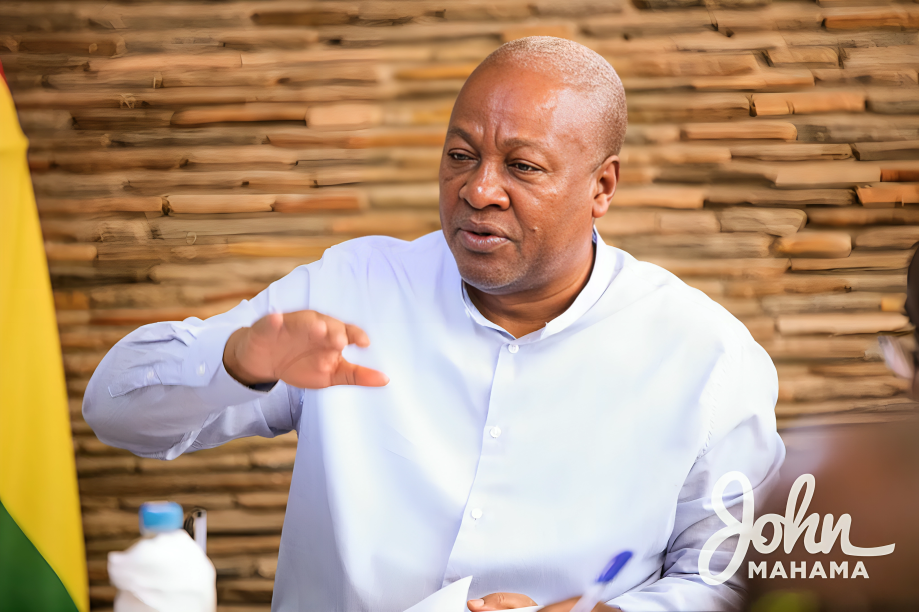

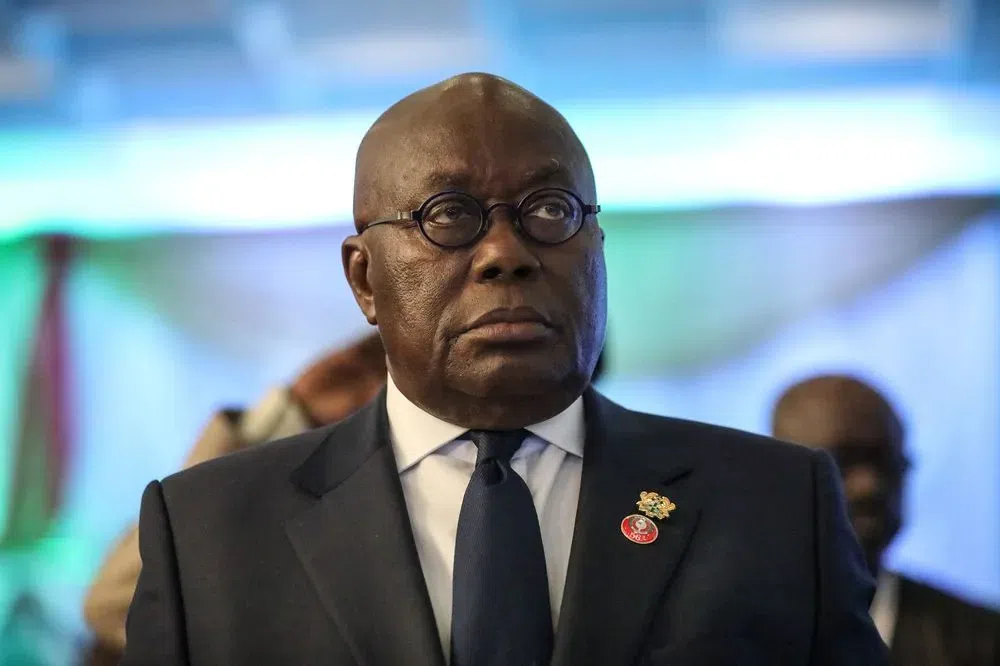

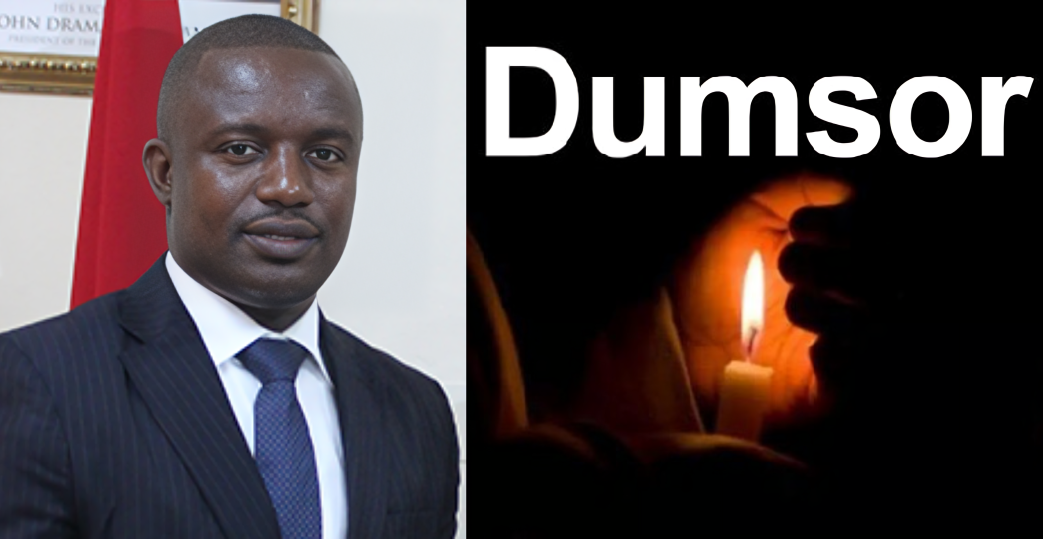




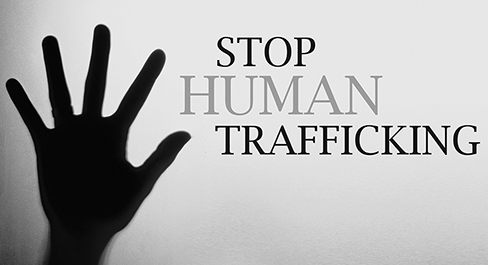
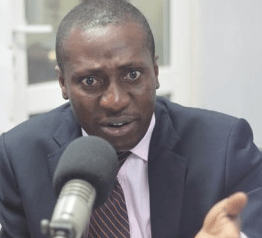

Facebook
Twitter
Pinterest
Instagram
Google+
YouTube
LinkedIn
RSS